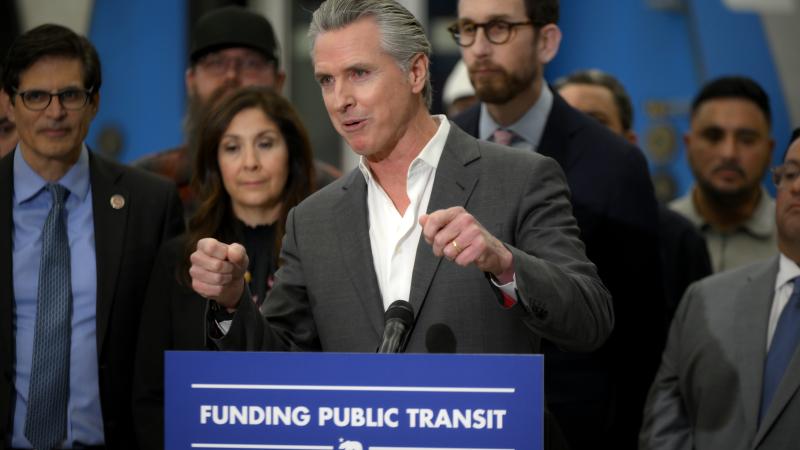Legislation to phase out fluorescent lighting advances in Springfield
“Fluorescent lighting is much less efficient than modern high-efficient LED bulbs that are available now so the cost savings on LED bulbs is just overwhelming,” said Abe Scarr, Illinois director of the Public Interest Research Group.
If a bill gets approved in the Illinois General Assembly, fluorescent lighting will be a thing of the past in the state.
House Bill 2363 to phase out fluorescent lighting advanced through the Illinois House Energy and Environment Committee and is headed for a vote on the House floor.
According to analysis by the Appliance Standards Awareness Project, the switch to LED bulbs would save Illinois consumers more than $1.5 billion on utility bills, avoid 2.2 million metric tons of carbon dioxide emissions by cutting energy waste and avoid 419 pounds of mercury pollution by 2050.
“Fluorescent lighting is much less efficient than modern high-efficient LED bulbs that are available now so the cost savings on LED bulbs is just overwhelming,” said Abe Scarr, Illinois director of the Public Interest Research Group.
Scarr notes a typical small office could see $900 a year in savings by switching to LED bulbs and schools could save $3,700 a year.
PIRG reports that three in four fluorescent lamps are improperly disposed of, leaving those who work in waste streams potentially vulnerable to overexposure. The 419 pounds of mercury that could be kept out of the Illinois waste stream is enough to contaminate more than 20 billion gallons of water.
The members of an international convention against mercury pollution agreed last November to ban the production and trade of fluorescent tubes by 2027, citing human health risks posed by the equipment’s use of the substance.
“Over the course of the last ten years, LEDs have become widely available and cost effective replacements for fluorescent bulbs,” said Josh McClenney, state policy associate with the Alliance Standards Awareness Project. “This legislation will save families and small businesses millions on their utility bills. It’s a common sense policy."
















